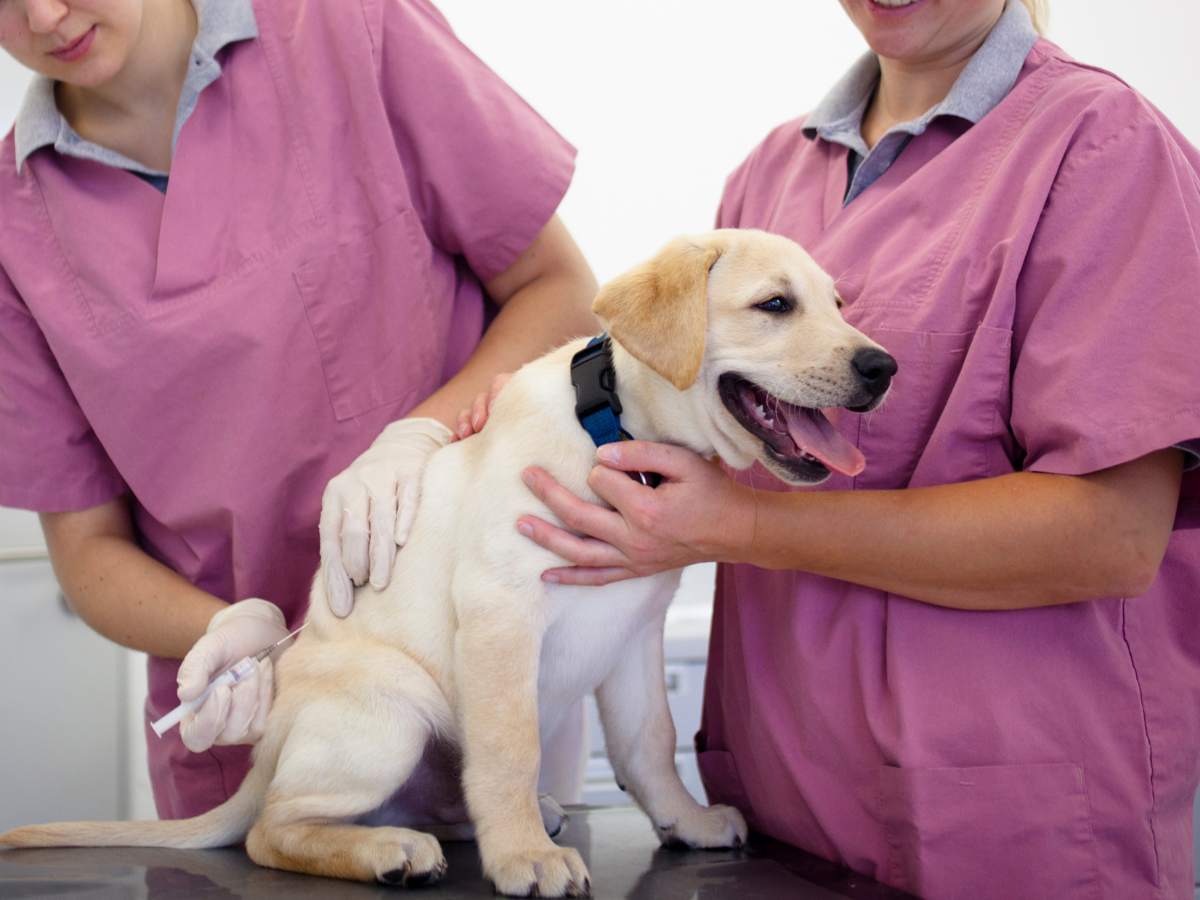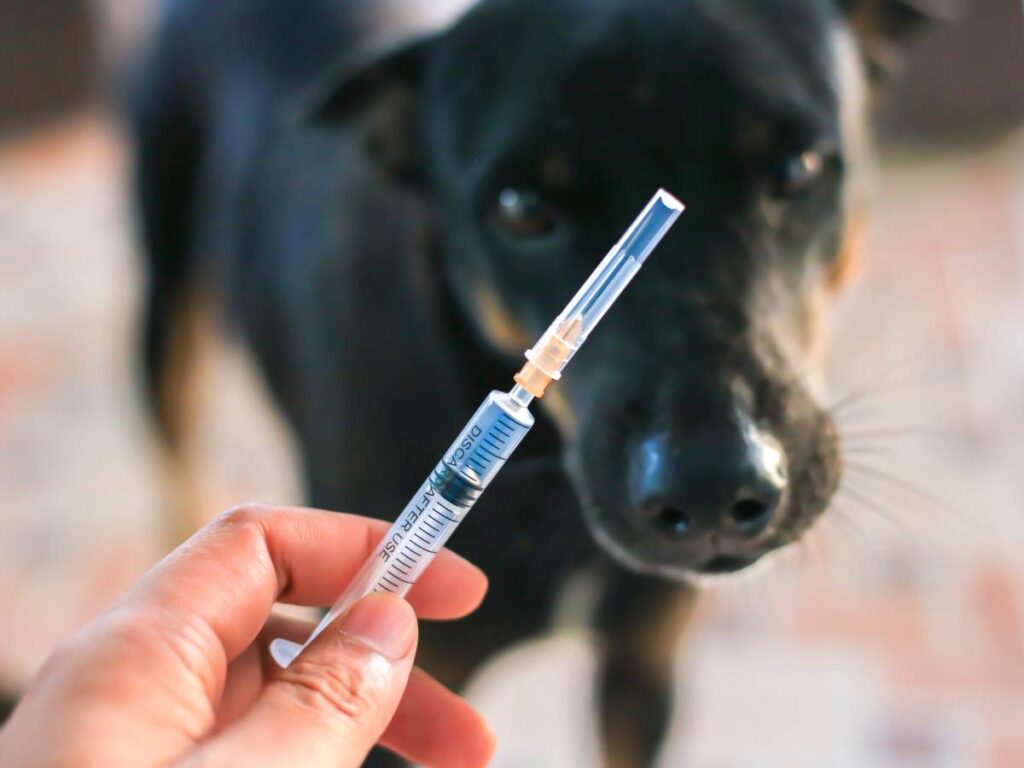
Traveling with pets is a growing trend among families in Doha, especially those relocating to Europe or planning extended vacations abroad. However, when it comes to crossing borders with your pet, the paperwork is far more complicated than simply packing their favorite toys. Among the most critical — and often misunderstood — requirements is the Rabies Serology Test.
Many pet parents are surprised to learn that a rabies vaccine alone isn’t always enough for international travel. That’s where the rabies titer test comes in — a vital blood test that proves your pet is truly protected against rabies and ready to travel abroad. At Royal Vet, we specialize in providing accurate, Ministry-compliant Rabies Serology Testing for your pets, along with complete travel documentation and guidance.
This article will walk you through everything you need to know about the rabies serology test — what it is, why it’s essential, how it’s done, and how it helps you and your furry companion travel safely and legally.
A rabies serology test (also known as a rabies antibody titer test) is a laboratory blood test that checks whether your pet has developed enough protective antibodies after receiving a rabies vaccination. In simpler terms, it proves that the vaccine worked.
This test is especially important for international pet travel, as it helps authorities confirm that your pet poses no risk of spreading rabies — a fatal and highly contagious disease.
While rabies vaccination is crucial, not all vaccines offer the same level of immune protection, and international authorities want measurable proof of your pet's immunity. That’s where the rabies titer test comes into play.
Here’s why the test is important:

At Royal Vet Clinic, our rabies titer testing process is straightforward, professional, and fully compliant with international standards.
Timing is everything when planning travel with your pet. Many countries have strict timelines between vaccination, testing, and travel.
Failure to meet the timeline can result in:
Many pet owners face avoidable problems when they skip or delay the rabies serology test:
All these issues can be prevented with early planning and a visit to Royal Vet’s Rabies Serology Testing service.
We understand how overwhelming pet travel requirements can be, especially when dealing with international regulations and tight timelines. That’s why at Royal Vet, we handle the process with care, accuracy, and transparency.
Our mission is to make the process smooth and stress-free so you and your pet can enjoy your journey together.
A: In most countries, once a passing titer level is confirmed, the results are valid as long as your pet receives rabies boosters on time without a gap. If you skip a booster, you may need to repeat the test.
A: You’ll need to revaccinate your pet, wait another 30 days, and repeat the test. This is why it’s essential to test early.
A: No. The test must be performed at least 30 days after the rabies shot to give your pet’s body time to build antibodies.
A: Most rabies-free or low-risk countries such as the EU, UK, Australia, Japan, and New Zealand require it. Always check the latest import rules.
A: Not at all. It’s a simple blood draw — no different than a routine lab test.
A: Yes. It’s best to schedule an appointment at Royal Vet in advance so we can coordinate lab submissions and timing.
If you're planning to travel or relocate with your pet, don't leave the rabies serology test until the last minute. It’s more than a formality — it’s a legal requirement that ensures the safety of global animal populations and proves your pet’s immunity to a life-threatening disease.
At Royal Vet Clinic, we help you take care of every step — from vaccinations to blood testing, documentation, and export approvals. We offer peace of mind, professional care, and the trusted support of a veterinary team that understands international travel rules inside and out.Let us help you make your pet’s journey safe, smooth, and successful.
Disclaimer: This article is for educational purposes only and does not replace professional veterinary advice. If you’re planning international travel with your pet, please consult an accredited veterinary clinic to ensure proper compliance.
"*" indicates required fields